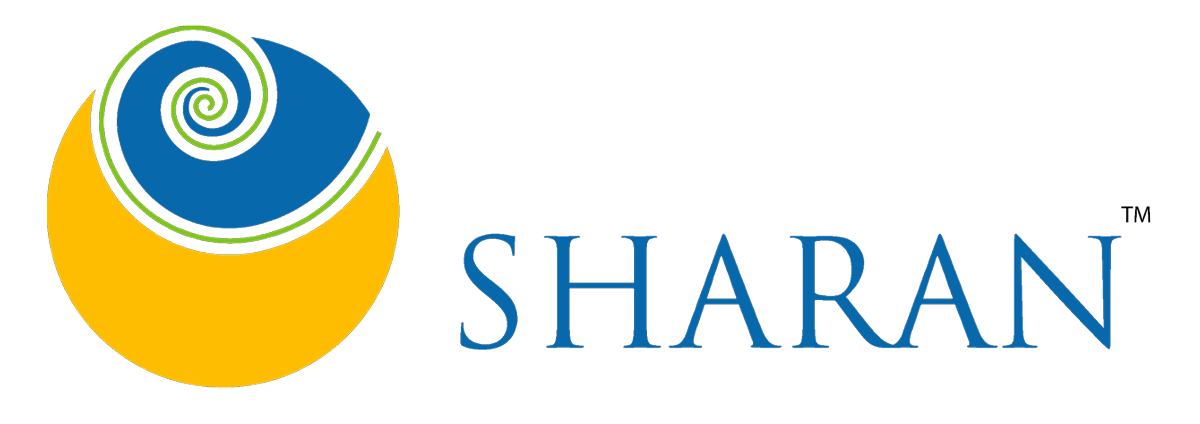|
Spaghetti Marinara with ‘Meatballs’
Homemade meat alternatives are delicious and healthy too as they contain plant protein which is ideal for our bodies. This tasty recipe is easy and will be a hit with kids too. Do let us know how you enjoyed it
Ingredients
- 1 packet (450 g) cooked and drained whole wheat spaghetti
For the Marinara Sauce
- 1 kg tomatoes, chopped, with juice reserved
- 2 cloves garlic, minced
- 1 medium-sized onion, finely chopped
- 2 tbsp balsamic vinegar
- Freshly ground black pepper to taste
- Unrefined salt to taste
- 2 tbsp freshly chopped basil
- 2 tbsp freshly chopped oregano (or 2 tsp dried oregano flakes)
- 2 tbsp freshly chopped parsley
- ¼ cup tomato puree
For the Vegan Meat Balls
- 1 cup whole wheat flour or less
- 1 cup soy granules, soaked and drained
- 1 tsp dried sweet basil flakes
- 5 – 6 cloves garlic, crushed or finely minced
- ¼ cup lemon juice
- ½ a red bell pepper, finely chopped
- 1 tsp unrefined salt, or to taste
- 1 tsp onion powder
- ¼ tsp garlic powder
- 1 cup water
Method
For the Marinara Sauce
Fry garlic & onion without oil in a heavy saucepan, over medium heat. Stirring constantly, cook for about 5 minutes. Add tomatoes with their juice, balsamic vinegar, pepper and salt to taste. Bring to a boil. Add the remaining ingredients and allow to simmer on low heat, until the gravy thickens. Keep stirring occasionally. When well done, take off from heat.
For the Vegan Meat Balls
Combine soy granules, basil and garlic in a large mixing bowl and mix well. Add the rest of the ingredients, except for the wheat flour and water. Now, add the wheat flour and water, a little at a time and mix until the mixture is thick enough and binds well to make the balls.
Form meatballs with a cookie scoop or with hands. Place them on a baking sheet lined with parchment paper and bake for 35 minutes at 350 °F (175 °C), in a pre-heated oven. Place the meatballs on spaghetti and serve topped with the marinara sauce.
Serves 4
Food For The Mind
.jpeg)
FACEBOOK SUPPORT GROUP
If you love Facebook, then join us to be supported on your plant-based journey. We offer 2 possibilities.
1. SHARAN India is SHARAN’s main Facebook page which you can like and follow for getting useful daily updates and news from the plant based health world. You will also get news about the latest SHARAN events, see testimonials, and more.
2. SHARAN’s Vegan Support Group is an open support group to know more about vegan/plant-based lifestyle. Here you can ask questions and share inspiring stories, tips, recipes, etc.
All our doctors and presenters will be here to answer your questions and give you tips. If you have attended our events join this group to be a part of our family.
Please like the main SHARAN page and join the group(s) applicable to you.
|
